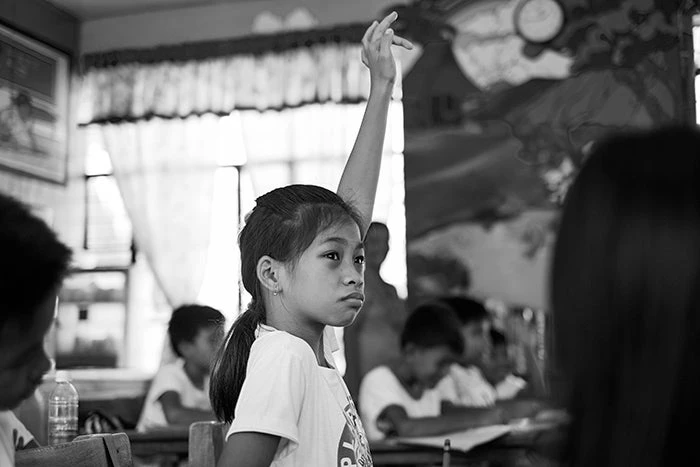Step up to the Jobs Challenge
It is said that some employees are hired because of their technical skills, but fired due to their behaviors or attitudes, such as arriving late or showing a lack of commitment to achieve the firms’ goals. This complaint seems to be frequently mentioned during our many discussions with Filipino employers.
But what does the hard evidence show, beyond anecdotal remarks? Do Filipino employers have difficulty finding workers with the right “soft skills” (socio-emotional skills, right attitudes and behaviors)? And if so, do we have evidence that it leads to better pay? And how are employers, employees and government responding to these labor market signals?
Few have gone beyond anecdotal evidence or investigated in depth regular employers’ surveys in this area. A new World Bank study called “ Developing Socioemotional Skills for the Labor Market in the Philippines”, using Skills for Employability and Productivity or STEP surveys, addresses this gap.
I started working on the STEP survey in the Latin America and the Caribbean (LAC) region. My co-authors and I worked in Bolivia, Colombia, and El Salvador and we found that employers were consistently complaining about difficulties finding workers with the right behaviors, creativity and/or socio-emotional skills.
Coming into in the Philippines, I anticipated similar results. The LAC countries and the Philippines not only share Hispanic heritage, but are also characterized by general dissatisfaction in learning performance, and have relatively low pay and low productivity labor forces.
What surprised us from the data we analyzed for the Philippines against comparator countries, was the higher degree to which employers were reporting low satisfaction with workers’ interpersonal and communication skills, or work ethics.
Another important finding was how much more Filipino employers are willing to reward workers that possess these competencies, as well as key personality traits (conscientiousness, extroversion, openness to experience, and agreeableness), and exhibiting more “grit” and decision-making power. These findings surprised us and kept us looking for potential explanations and recommendations that would make sense to consider in the Philippine context.

On top of this, incentives are a little off, even though intentions are right on. Authorities in the Philippines are very aware of the need to infuse the basic education curriculum, particularly at the elementary level, with socioemotional skills development content. However, education testing in the country is focused on results rather than process, and socioemotional skills are process-oriented. Measuring them is therefore more difficult than measuring outcome-based cognitive skills.
We propose four recommendations on how the education sector can help in improving socioemotional skills of Filipino workers (which you can read in more detail in the report):
- Expand Quality Early Childhood Development (ECD) interventions. Socioemotional skills are best started in early years. Few children in the Philippines have access to early childhood development services and have one of the region’s highest childhood malnutrition rates. Along with timely nutrition interventions, ECD services can do a wonderful job of fostering socioemotional skills development. This means there is a huge role for smart investments in ECD in the Philippines.
- Maximize the efforts during the basic education age. This is the optimal period for shaping socioemotional skills as research tells us that ages 6 to 11 are a particularly advantageous window for socioemotional skills development. Moreover, for countries like the Philippines, and in contrast to the early years, virtually all children aged 6-11 are already in school. This is where we have the biggest opportunity.
- Improve Teacher Training. The Philippines has also a great opportunity right now with its K to 12 program: a brand new cohort of teachers is needed to implement the additional two years of formal education which offers a great opportunity to train the next wave in the content and delivery of socioemotional skills development.
- Understand the Problem Better. This means measuring appropriately. We need to measure the degree to which socioemotional skills exist (or do not exist) in basic education students today in the Philippines. Also, international benchmarking will be extremely useful to motivate change: The Philippines can consider participating in the Programme for International Student Assessment (PISA) as early as next round in 2018, and plans are underway to do so.



Join the Conversation